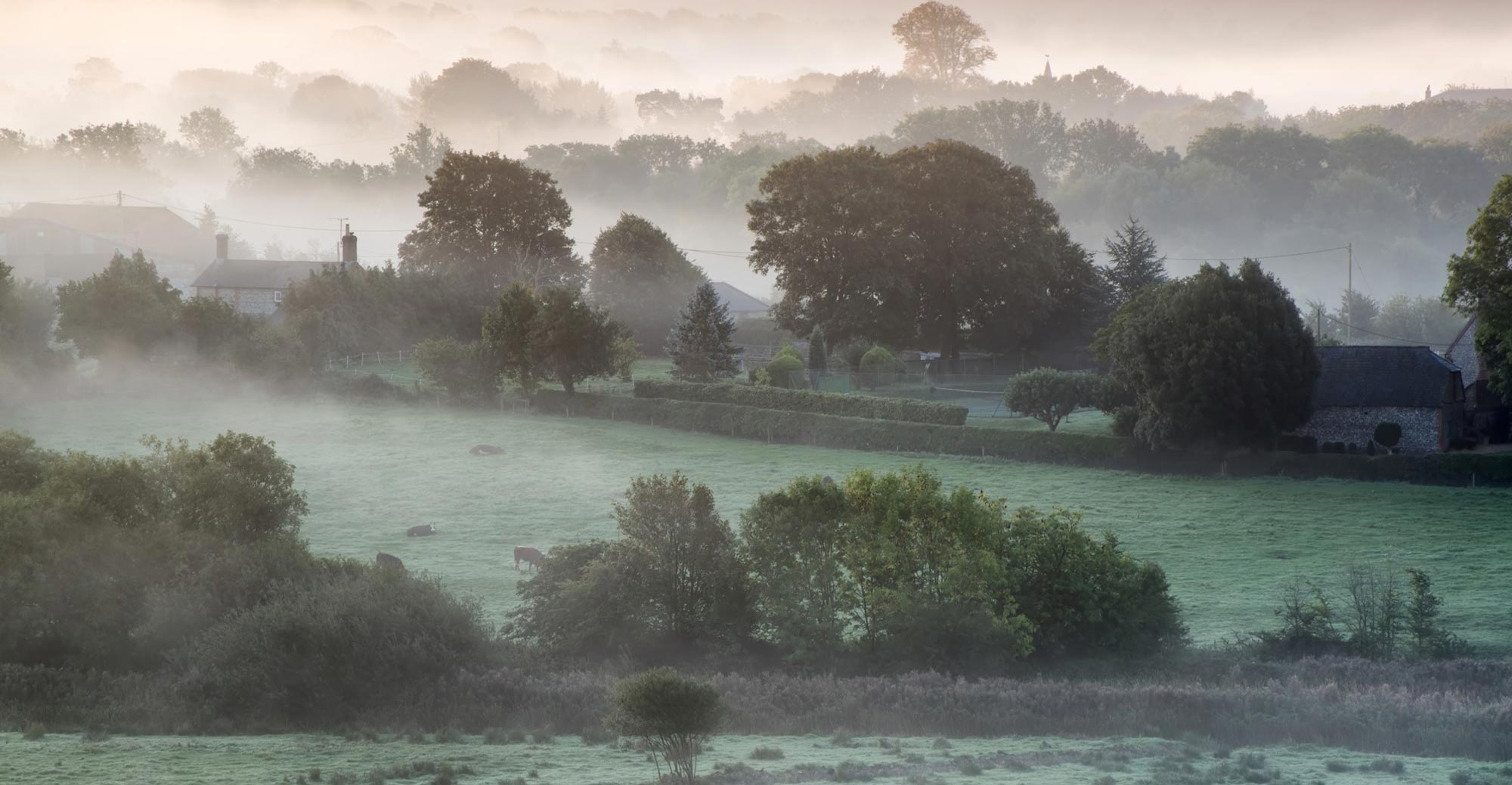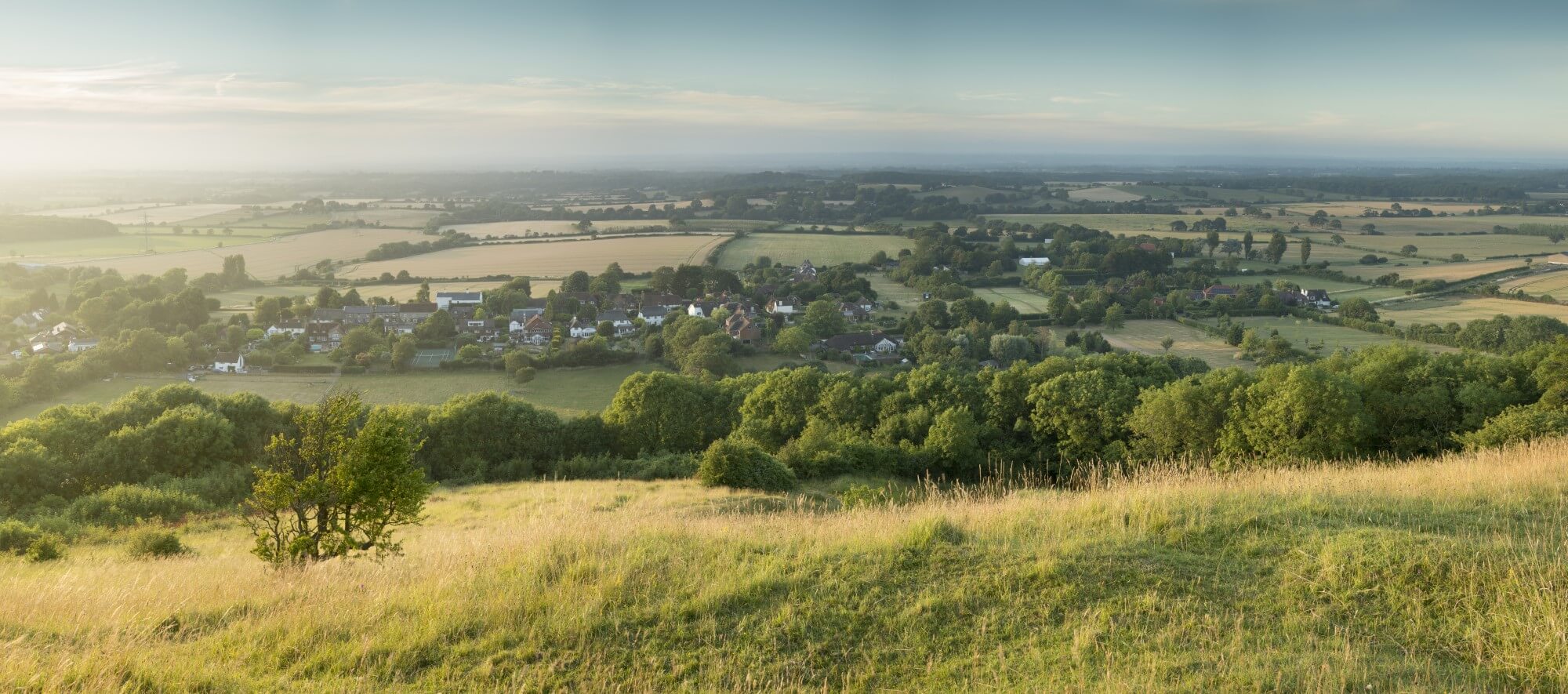BN11: Planting New Hedges
The Countryside Stewardship scheme is a UK government-funded program supporting sustainable land management practices and includes the BN11 grant. This grant, which focuses on the planting of new hedges, offers a payment rate of £22.97 per meter. The payment rate applies to the total length of the boundary.
To qualify for the grant, applicants must conduct the planting between November and March, adequately preparing the ground for optimal soil conditions. Planting new hedges involves using locally occurring native species to promote biodiversity and connectivity between habitats. In addition, this scheme aims to encourage environmentally friendly practices, contributing to the conservation and enhancement of the countryside.
Native species should be planted in staggered double rows, and weed control and maintenance are essential to ensure the hedge’s successful establishment. Notably, fencing must be placed at least 1.2 meters from the centre of the hedge to protect it from livestock.
For those seeking additional information on the BN11 scheme and grant application details, please visit the government website: www.gov.uk/countryside-stewardship-grants/planting-new-hedges-bn11.
Key Points and Requirements
- Carry out the work between November and March.
- Prepare the ground for optimal soil conditions.
- Apply herbicide in August or September before planting.
- Utilise 2-year-old transplants of native species.
- Plant in staggered double rows with a minimum of 6 plants per meter.
- Implement weed control and maintenance in the first 2 years.
- Install fencing to prevent damage from livestock.
- Maintain record-keeping, including historic maps, photographs, and planting details.

The Benefits
The UK government BN7 and BN11 grants offer various benefits to farmers and the environment. Furthermore, these grants can assist farmers in reducing costs and enhancing productivity. Notably, hedges play a crucial role in minimising soil erosion and runoff, thereby contributing to improved soil fertility and crop yields. Additionally, hedges provide essential shelter for livestock, promoting enhanced health and productivity in farming operations.
Moreover, hedges serve as habitats that attract beneficial insects, which play a vital role in controlling pests and diseases. This, in turn, has the potential to reduce the reliance on pesticides and herbicides. Consequently, this not only saves farmers money but also contributes significantly to environmental improvement.
In summary, the BN7 and BN11 grants represent a valuable resource for farmers. Through the planting and gapping-up of hedges, farmers can enhance productivity and profitability while delivering numerous environmental benefits.
Environmental Benefits of Hedges
 Reducing soil erosion and runoff
Reducing soil erosion and runoff Improving air quality
Improving air quality Providing habitat for wildlife
Providing habitat for wildlife Linking up existing habitats
Linking up existing habitats Increasing biodiversity
Increasing biodiversity
BN11 Hedging Mix
Order Yours Today
Supplied by the metre.








